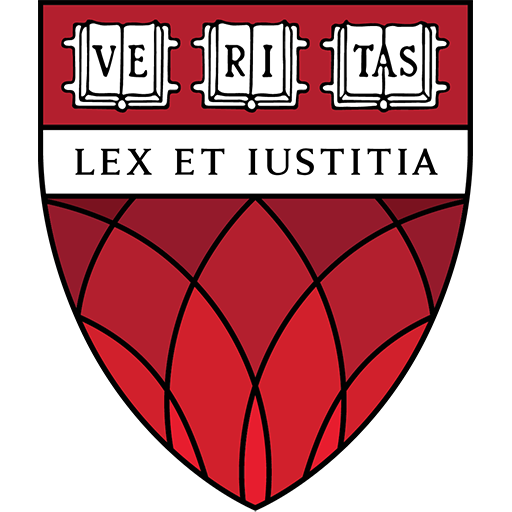
Climate Justice & the Environment
Climate change and its effects pose significant threats to human rights, with those impacts felt most heavily by communities that have historically faced discrimination and unequal enjoyment of their rights to water, food, health and housing. IHRC was an early leader in the climate justice space, carrying out work on the rights of people who have been internally displaced by climate change. In addition to advocating for climate justice, IHRC’s work has addressed the human rights and environmental impacts of conflict-related damage, of harmful business practices, and of extractive industries.
Meet the Clinicians who work in this area:
Representative Projects
IHRC has been documenting how climate change amplifies unequal enjoyment of the right to water in Delhi, India. Carrying forward fact-finding that began in 2020, IHRC will soon publish a report arguing that a failure to adequately protect and expand the water supply in Delhi disproportionately exposes marginalized communities to the negative consequences of climate change and falls short of international human rights legal commitments. The report is the first time that an existing methodology for proving systemic social and economic rights violations has been utilized to document the unequal harms of climate change. Another project investigates the disparate impact of climate change on LGBTQ+ communities in Pacific and Caribbean small island states. Earlier climate justice work includes helping draft 2013 principles addressing the rights of people who have been internally displaced by climate change.
IHRC has worked for years to hold corporations accountable for environment-linked human rights harms. In collaboration with human rights and environmental groups, IHRC is investigating forced labor, exploitation, and environmental damage in the seafood supply chain, as well as retaliation against independent monitors surveying this work in West Africa and Southeast Asia. The Clinic and its partners are currently exploring options to ensure corporate accountability for these abuses.
IHRC has investigated the effects of mining on disadvantaged and indigenous peoples in different parts of the world. It produced a major report on the human rights, health, and environmental impacts of gold mining on communities in and around Johannesburg, South Africa. The report was based on three research trips and more than 200 interviews with local residents, government officials, industry representatives, civil society advocates, and scientific and legal experts. Working closely with Takla Lake First Nation, IHRC also investigated mining in British Columbia, Canada. Its in-depth report documented the adverse environmental effects from mining, as well as inadequate consultation with the local First Nation and lack of benefits for the Takla people.
